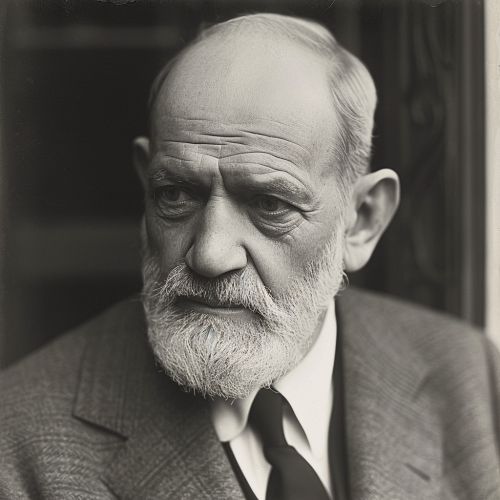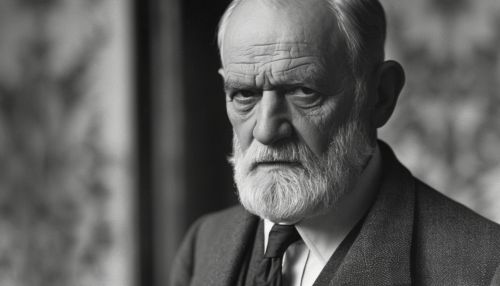Oedipus complex
Introduction
The Oedipus complex is a term derived from psychoanalytic theory, coined by Freud, to describe a child's feelings of desire for their opposite-sex parent and rivalry with their same-sex parent. The term originates from the Greek myth of Oedipus, who unknowingly kills his father and marries his mother.


Theoretical Background
Freud proposed the Oedipus complex as a universal phenomenon, occurring during the phallic stage of psychosexual development, around the ages of three to six years. He suggested that this complex plays a key role in the formation of the super-ego and the subsequent establishment of a person's sexual role and identity.
Freud's Theory
Freud's theory of the Oedipus complex is grounded in his belief that human behavior is driven by unconscious desires and conflicts. He proposed that during the phallic stage, a child becomes aware of anatomical sex differences, leading to a shift in the focus of the child's erotic energies towards the opposite-sex parent.
Resolution of the Oedipus Complex
According to Freud, the resolution of the Oedipus complex occurs when the child identifies with the same-sex parent, renouncing the sexual desire for the opposite-sex parent and adopting the sexual and moral norms of the same-sex parent. This process is crucial for the development of a healthy adult sexual identity.
Criticisms and Alternatives
The Oedipus complex has been criticized for its emphasis on heteronormative family structures and its lack of consideration for non-traditional family forms. Some theorists have proposed alternative models, such as the Electra complex, to address these criticisms.
